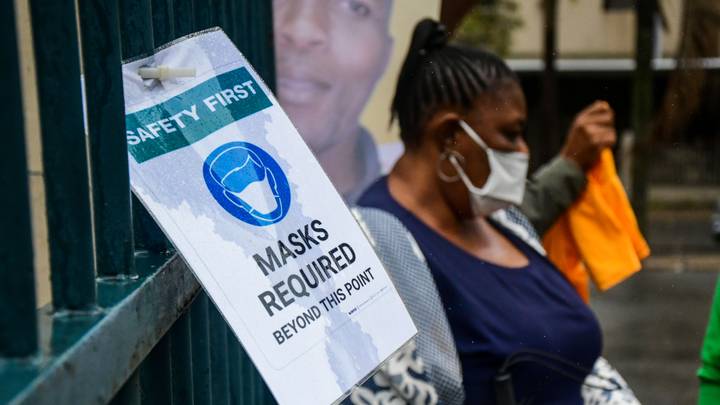The South Africa Medical Association has advised those casting their ballots on the last day of special voting to practice social distancing, wear a mask, and sanitise when going to exercise their franchise.
It follows the announcement from the National Institute for Communicable Diseases (NICD) that warned of viral flu strains in circulation.
“Protect yourself, put on a mask, and if possible, keep a distance because, I mean, it matters when it comes to respiratory infections, so I would strongly recommend that we still apply those COVID measures that we used to apply in the past,” SAMA Chairperson Dr. Mvuyisi Mzukwa warned.
Influenza, caused by a virus, can result in severe symptoms like high fever, body aches, and respiratory problems, especially for at-risk groups such as the elderly, young children, and those with chronic health conditions.
Special voting began in South Africa on Monday for 1.6 million people who applied to vote early due to special needs ahead of Wednesday’s elections.
According to the Electoral Commission of South Africa (IEC), polling stations opened at 9 a.m. for 1 million voters, while trained electoral officials will visit the homes of 600,000 people to receive their votes. Special voting will end on Tuesday.
South Africans in the diaspora voted last week.

Under South African law, anyone who is physically infirm, disabled, pregnant, or cannot vote at their registered polling station on election day can apply to cast a special ballot.
National and provincial elections will continue on Wednesday with the rest of the country visiting poll stations to cast their votes.
Analysts predict a very close race that will likely end the ruling African National Congress’s dominance for the first time in post-apartheid democratic elections.
The IEC says there are over 27 million registered voters, voting for lawmakers from provincial legislatures and 400 members of parliament, known as the National Assembly.


